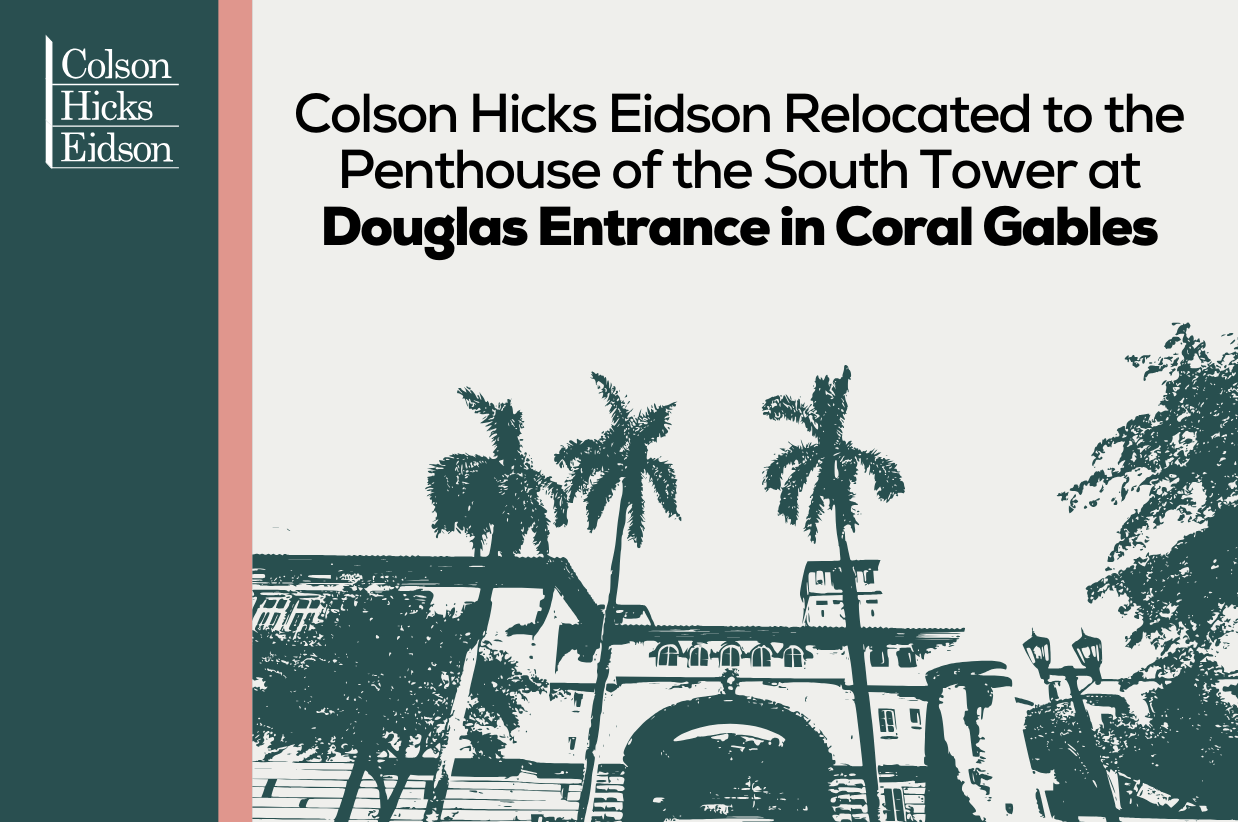Traumatic brain injuries (TBI) are serious injuries to the brain that can change a person’s life in an instant and require years to a lifetime of treatment.
TBI can occur:
- When something pierces the skull
- When the head hits an external object
- When an external force causes the brain to slam into the inside of the skull
The severity of the injury is determined by the symptoms a person experiences after the traumatic event. The more severe a brain injury is, the more likely the damage will be permanent and necessitate long-term care.
At Colson Hicks Eidson, we represent persons who have experienced traumatic brain injuries due to the misconduct of others. Our Miami brain injury attorneys understand what brain injuries can mean for our clients’ lives going forward and we make sure to get them the resources and treatment they need to live as well as possible.
Common Causes of Traumatic Brain Injuries
According to the Centers for Disease Control and Prevention (CDC), there are approximately 225,000 people hospitalized each year in the US for TBI. About 27% of those hospitalized die from complications related to a traumatic brain injury. Many types of impact can cause brain injuries but there are two primary causes of TBI.
- Falls
- Motor vehicle accidents
Falls are responsible for almost 50% of TBIs. And falls cause injuries significant enough that close to 1/3 of the deaths from brain injuries begin with a fall. TBIs from falls increase significantly for persons who are age 75 and older.
Determining the Severity of a Traumatic Brain Injury
Brain damage means cell damage. The material from damaged brain cells can go on to do further damage which is a big concern and why it is important to know how severe a brain injury is.
Traumatic brain injuries are classified according to 3 levels of severity.
- Mild – Brief or no loss of consciousness, possible dizziness or vomiting, lack of energy, confusion, or memory loss
- Moderate – Loss of consciousness up to 24 hours, brain imaging shows evidence of damage
- Severe – Unconscious longer than 24 hours, cannot be aroused and nonresponsive, brain imaging shows evidence of damage
Treatment and Recovery from a Traumatic Brain Injury
Over 5 million people in the US are estimated to be living with some type of disability-related to a traumatic brain injury. And most of them are relatively young men.
Once a TBI has been diagnosed, the treatment protocol becomes about trying to prevent secondary injury. Depending on the severity of the initial injury, treatment may be with medications or require surgery. Patients are typically monitored closely because secondary injuries can be very serious and result in death.
People who experience mild traumatic brain injuries typically regain full function within a few weeks. But those who experience more severe brain injuries are likely to have physical, cognitive, emotional, and behavioral issues for the rest of their lives.
For people who survive a moderate to severe TBI, research shows 30% have worse symptoms in 5 years. Life expectancies are decreased by almost 10 years and the likelihood of dying from a seizure is 50 times greater.
Get the Legal Help You Need for a Brain Injury Claim
The Miami brain injury lawyers at Colson Hicks Eidson are nationally recognized for their representation of persons who suffer serious personal injuries. We have secured over $1 billion on behalf of injured clients including one of the largest verdicts in the country in a brain injury case.
If you or a family member have experienced a traumatic brain injury and you want to be compensated for your losses, Colson Hicks Eidson can help. Schedule a free consultation by contacting us here or call our Miami office at 305-476-7400.





